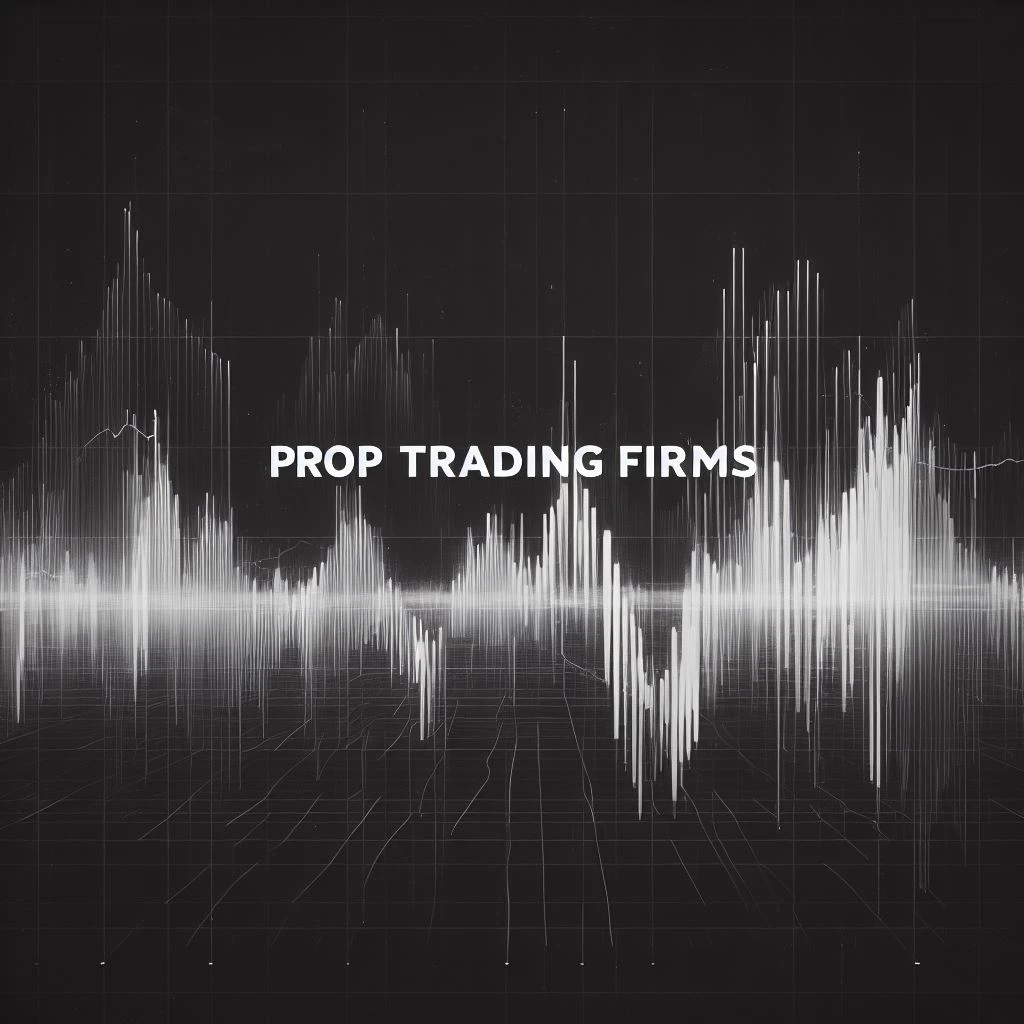Introduction to Market Makers
Market makers play a pivotal role in the financial markets, ensuring liquidity and enabling seamless trading activities. This comprehensive guide aims to demystify the role of market makers, breaking down their functions, importance, and how they make money. Whether you’re a novice investor or a seasoned trader, understanding the role of market makers can provide you with valuable insights into the financial markets.
What is a Market Maker?
Definition and Role
A market maker is typically a large financial institution or bank that stands ready to buy and sell securities at any given time. They are the backbone of the financial markets, ensuring there’s enough liquidity for trades to occur seamlessly. Without market makers, there would be insufficient liquidity, making it difficult for investors to buy or sell securities.
Types of Market Makers
Market makers can be categorized into various types based on the markets they operate in. Some of the most prominent market makers are in the stock, forex, and commodities markets. Large banks like BNP Paribas, Deutsche Bank, Morgan Stanley, and UBS are examples of market makers in the industry.
How Do A-Book, B-Book, and Market Maker Brokers Differ?
The financial markets are teeming with various types of brokers, primarily falling into A-book, B-book, and market maker categories. While A-book and B-book brokers act as intermediaries between traders and market maker organizations, they differ significantly in how they handle orders and generate profits. Market makers, on the other hand, operate on a different model altogether, although there may be some overlapping features with A-book and B-book brokers.
A-Book Brokers: The Commission-Based Intermediaries
A-book brokers primarily earn their revenue through commissions. They act as conduits, forwarding orders to prime brokers or market maker organizations. Known as Direct Market Access (DMA) brokers, A-book brokers allow traders to enter the market but do not maintain their own order books. They are not counterparties to the trades, which adds a layer of impartiality to their operations. However, it’s worth noting that A-book brokers essentially serve as toll gates between retail traders and market makers, a role some argue is redundant. Importantly, A-book brokers do not provide liquidity for the orders they broker.
Liquidity in A-Book Brokers
Liquidity refers to the ease with which assets can be bought and sold at stable, transparent prices. A market with high liquidity will have a higher volume of trades. Lack of liquidity can make trading challenging and less efficient.
B-Book Brokers: The Risk Managers
Unlike A-book brokers, B-book brokers generate most of their income through the losses incurred by their clients. They act as the counterparty to the trades they facilitate, providing liquidity by matching orders in-house. However, if the orders are too large to manage in-house, B-book brokers may hedge these orders with market maker organizations to mitigate risk. This model often raises questions about conflicts of interest, as B-book brokers stand to gain the most when their clients incur losses. Despite this, the allure of narrow spreads and seemingly favorable trading conditions often attracts less risk-averse traders.
How Market Makers Operate
Creation and Redemption of Units
In the context of Exchange-Traded Funds (ETFs), market makers play a crucial role in the creation and redemption of units. They deliver a basket of underlying securities to the ETF provider in exchange for ETF units, which are then sold on the stock exchange. This process ensures that the market price and net asset value (NAV) of an ETF are closely linked.
Buying and Selling Units to Investors
Market makers provide liquidity by offering to sell units at asking prices and posting orders to buy units at bid prices. The bid and ask prices are calculated based on the underlying value of the ETF’s portfolio and associated costs and fees.
How Market Makers Make Money
Bid-Ask Spread
Market makers earn money through the spread between the bid and ask prices. They establish quotes for these prices and transact on both sides of the market. The spread between the price investors receive and the market prices are the profits for the market makers.
Commissions
In addition to the bid-ask spread, market makers also earn commissions by providing liquidity to their clients’ firms. These commissions can vary based on the volume of trading and the specific agreements between the market maker and the client.
Importance of Market Makers
Liquidity Provision
One of the most critical roles of a market maker is to provide liquidity. They ensure that there is enough volume of trading so that trades can be executed without significant price changes.
Price Stability
Market makers help maintain price stability by being ready to buy and sell securities at the quoted prices. This activity helps to prevent drastic price changes and ensures a more stable trading environment.
Market Efficiency
By providing continuous buy and sell quotes, market makers contribute to market efficiency. They help ensure that the prices of securities reflect their true market value, making the market more transparent and fair for all participants.
Conclusion
Understanding the role of market makers is crucial for anyone involved in the financial markets. They not only provide the liquidity needed for efficient trading but also contribute to price stability and market efficiency. By understanding how market makers operate and make money, you can gain valuable insights into the inner workings of the financial markets, helping you make more informed trading decisions.












